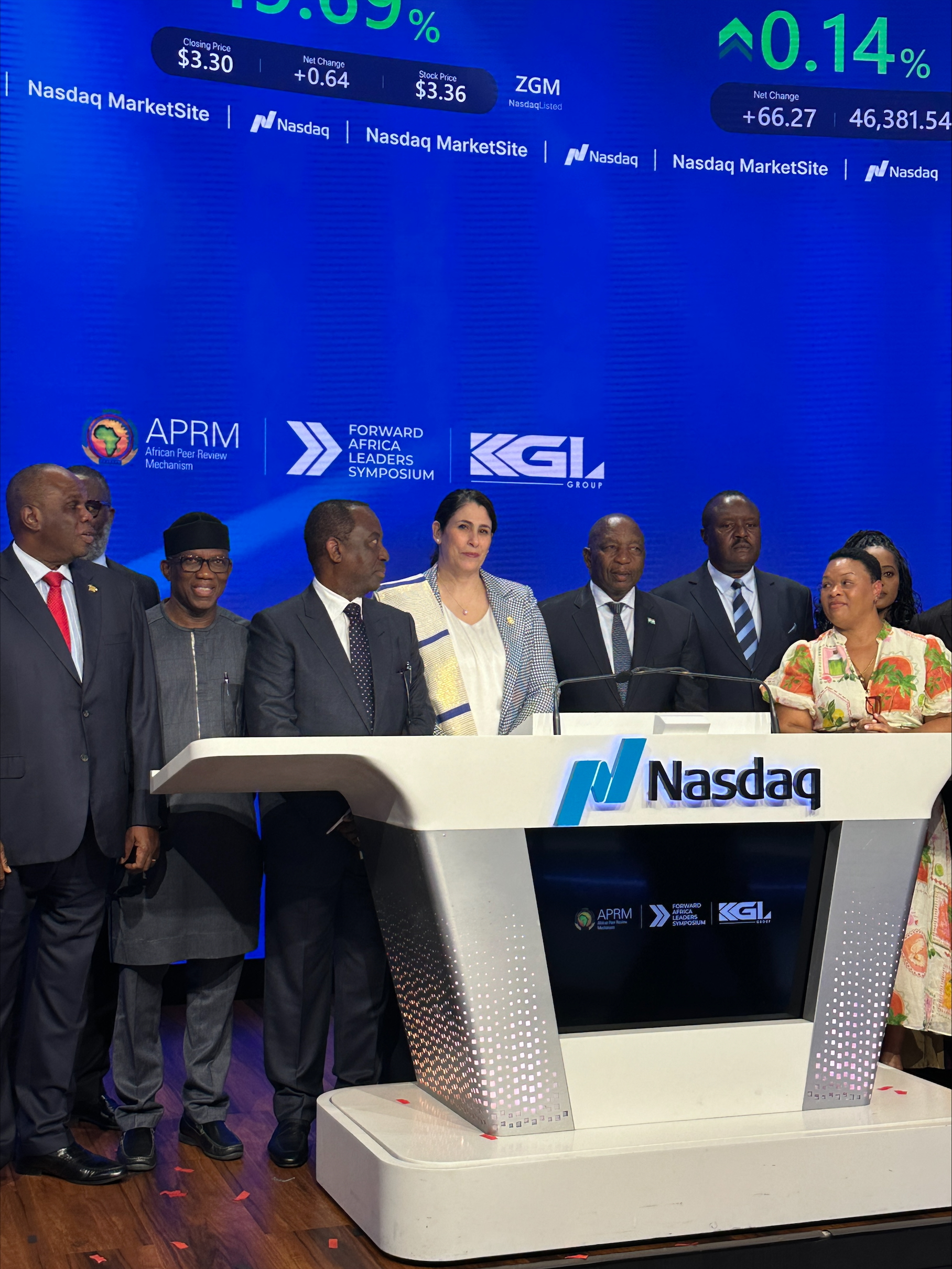Topic Resources
February 10, 2022
Agenda 2063 is Africa’s development blueprint to achieve inclusive and sustainable socio-economic development over a 50-year period.
December 01, 2025
November 18, 2025
We, Heads of State and Government of Member States of the African Union, guided by the principles of Agenda 2063 and sustainable developm
October 22, 2026
December 03, 2025
December 03, 2025


